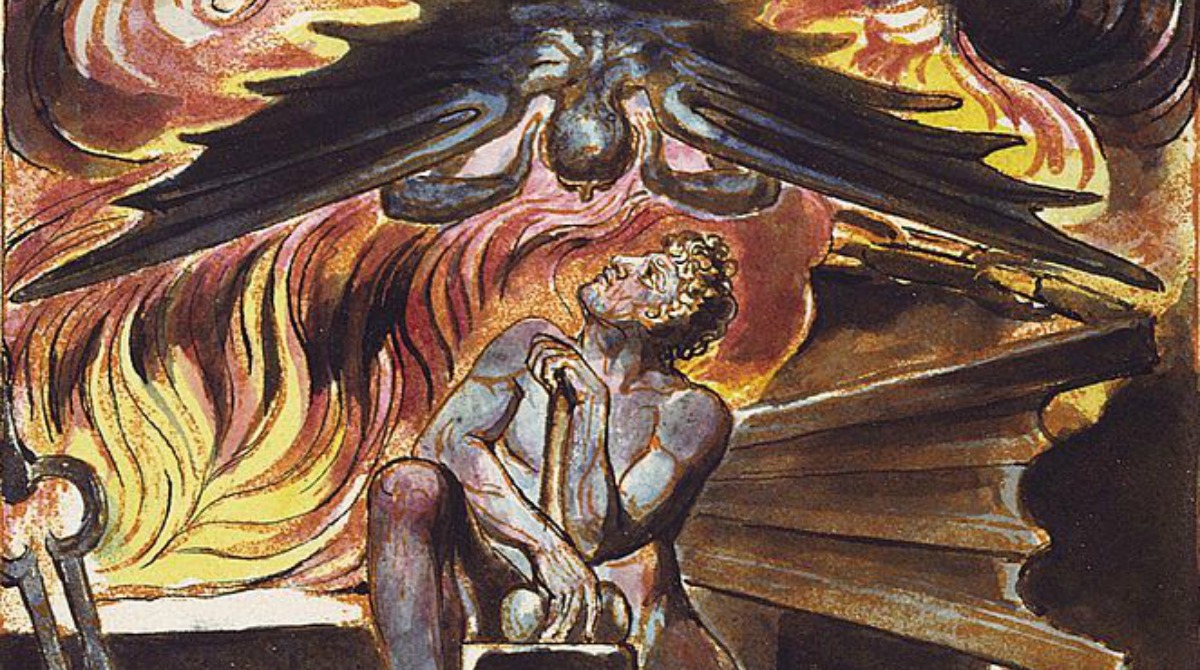TV’s Dracula strikes a chord in our post-modern age
The BBC’s new adaptation of Dracula, which finished last week, gave Bram Stoker’s 1897 novel a wry, ironic makeover that took huge liberties with the original.
So far, so predictable; especially since the show’s creators, Steven Moffat and Mark Gatiss, gave Sir Arthur Conan Doyle’s legendary detective similar treatment in their earlier TV hit Sherlock.
Moffat and Gatiss, who describe themselves as “a couple of ageing atheists”, have said they made a conscious decision to respect the Christian themes of the book.
Bram Stoker’s Dracula was a kind of anti-Christ, a being with god-like qualities of immortality and omnipotence but who turned these to evil. As Moffat has said, their aim was to make evil “attractive and sexy” because “we’re all attracted to evil”
In this, the writers give the story its most post-Christian, morally ambiguous take. For while in Stoker’s novel the vampire is an unequivocally cursed and demonic creature, Gatiss and Moffat’s Dracula is supposed to provoke no small admiration.
And the fascination of the modern age with Dracula is allied to a fascination with the occult. For the paradox is that, having dispensed with religion in the name of reason, our age has turned instead to superstition, magic and other forms of the supernatural.
Since our post-Christian era has seen such a surge in the occult, this stylish TV reprise of the world’s most famous vampire is surely at the cutting edge of the great leap backwards through which we’re all living.
To read my whole Times column (£), please click here.




